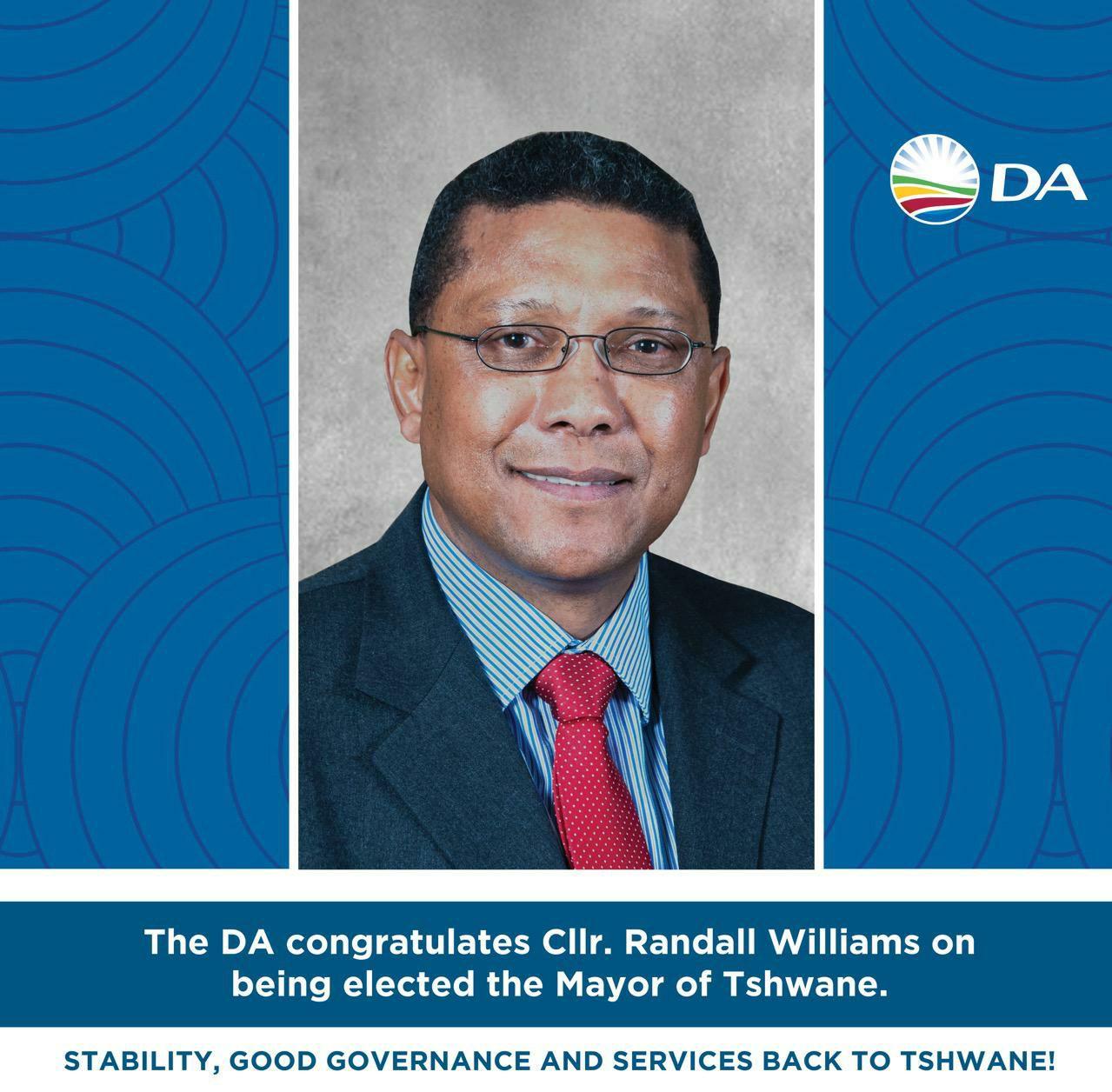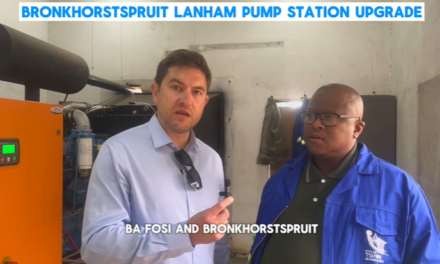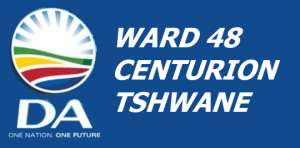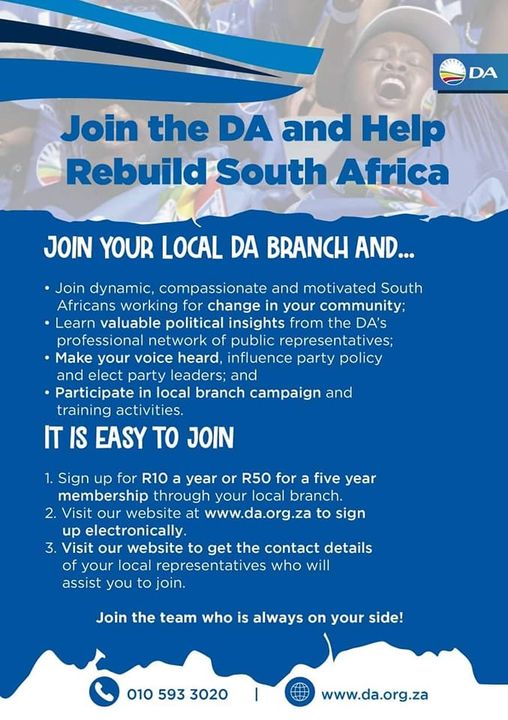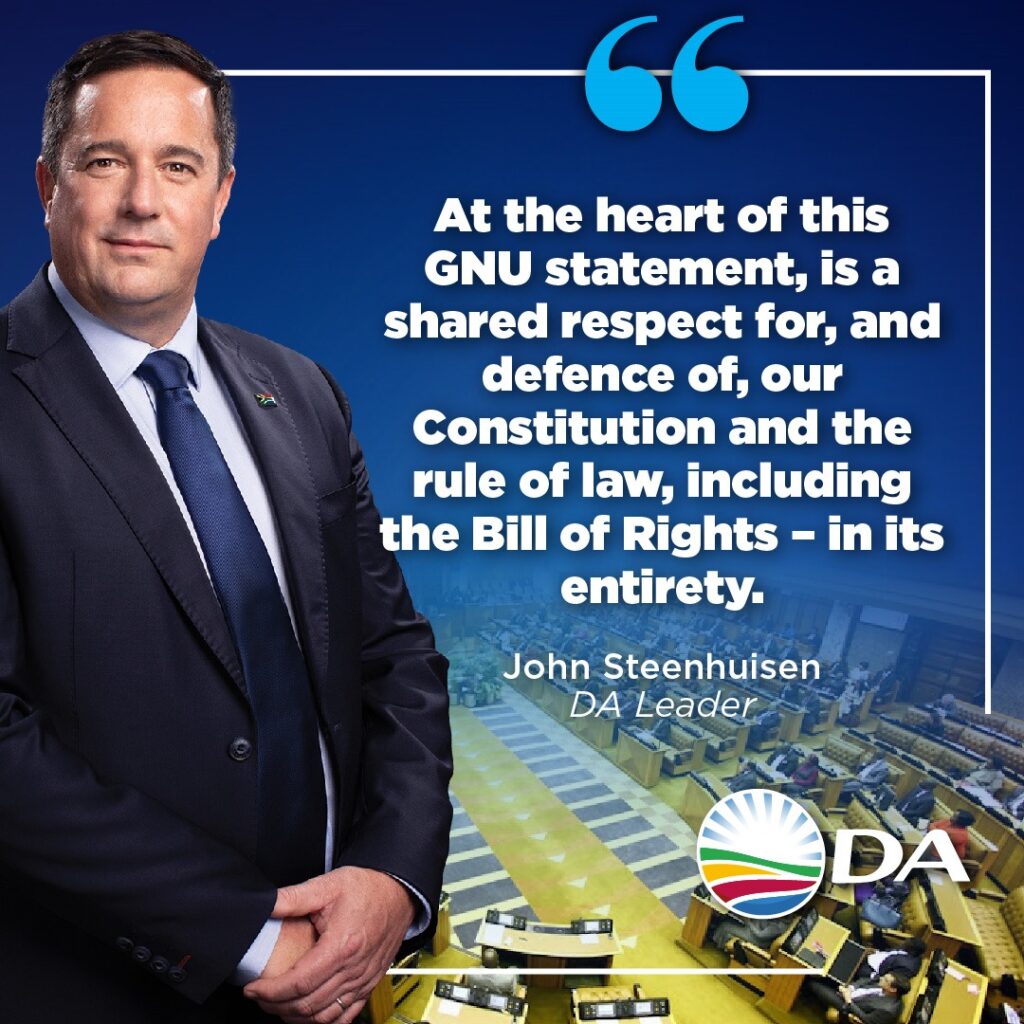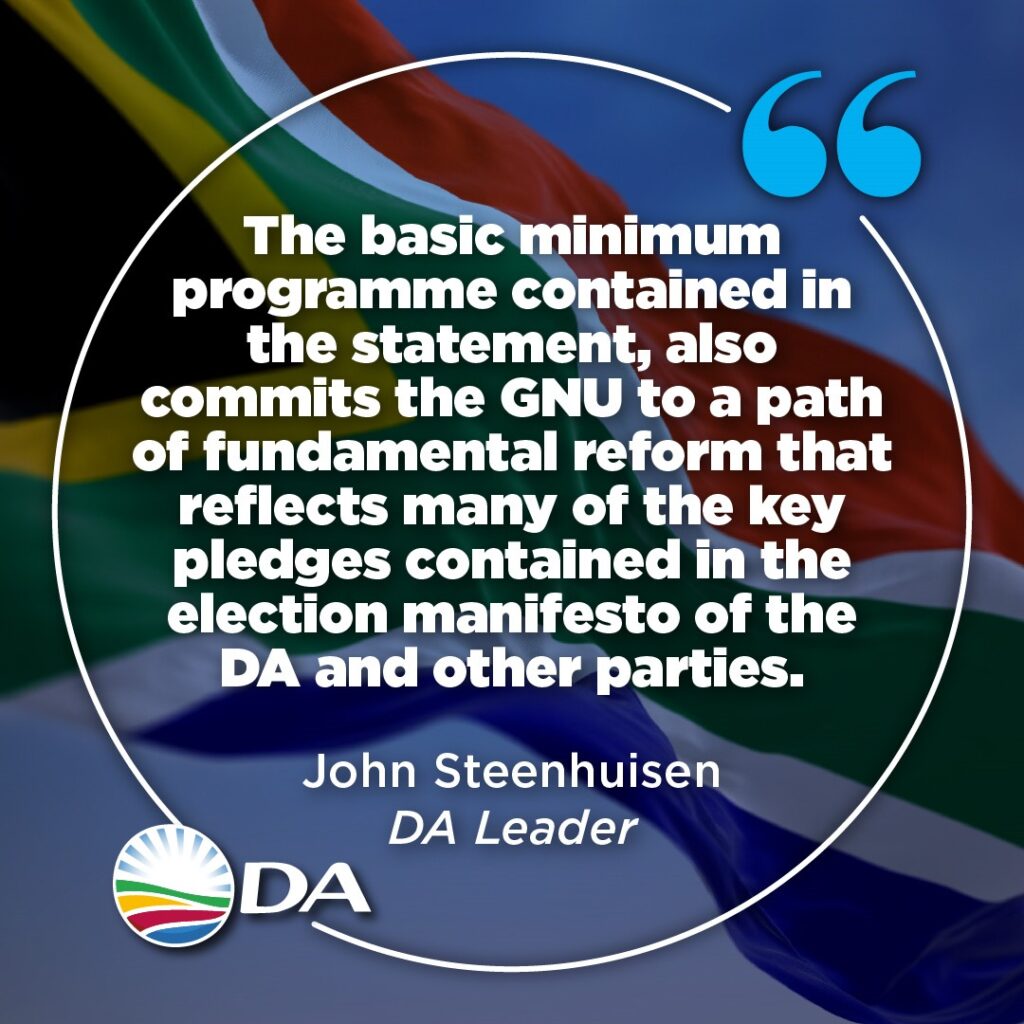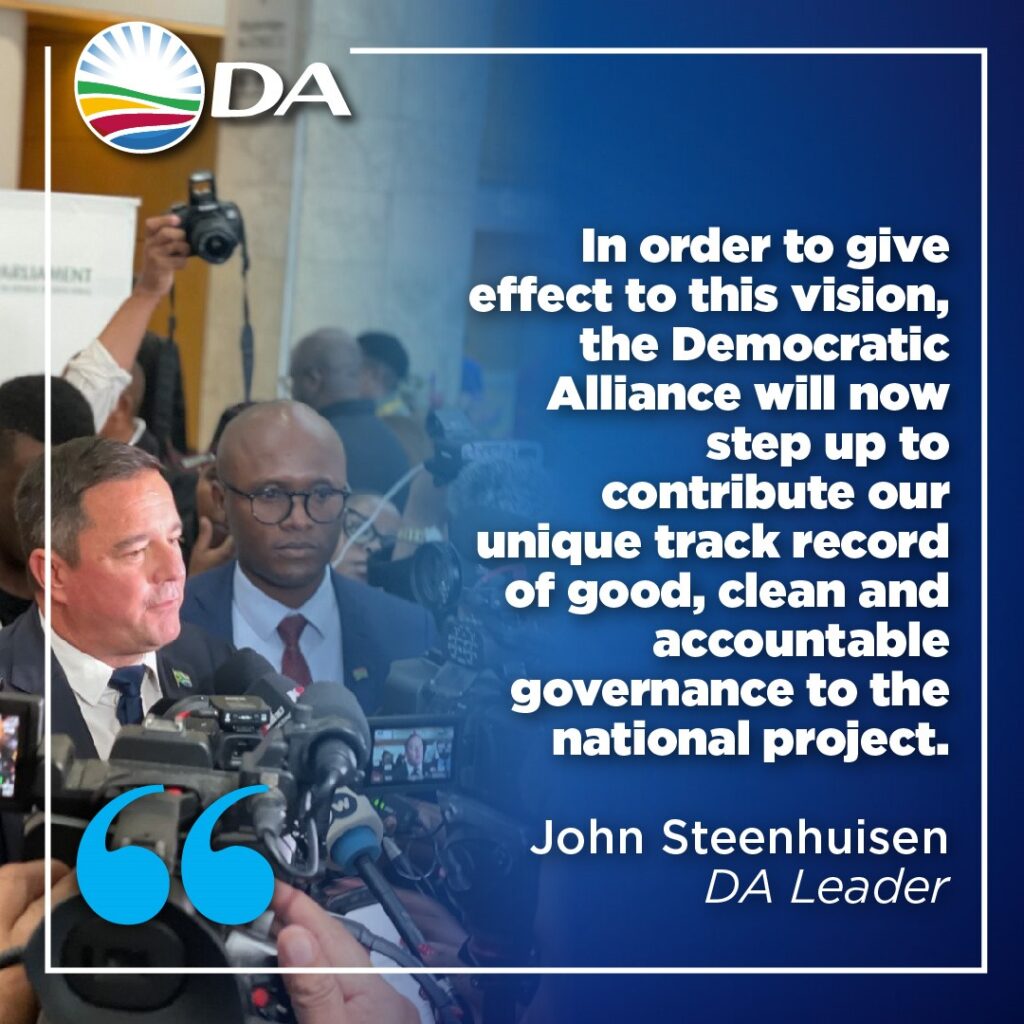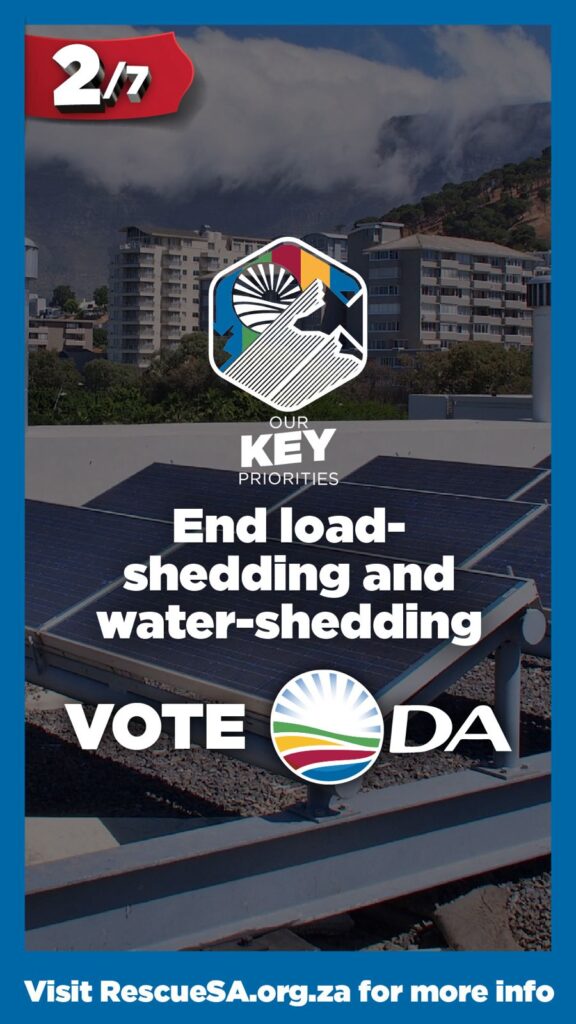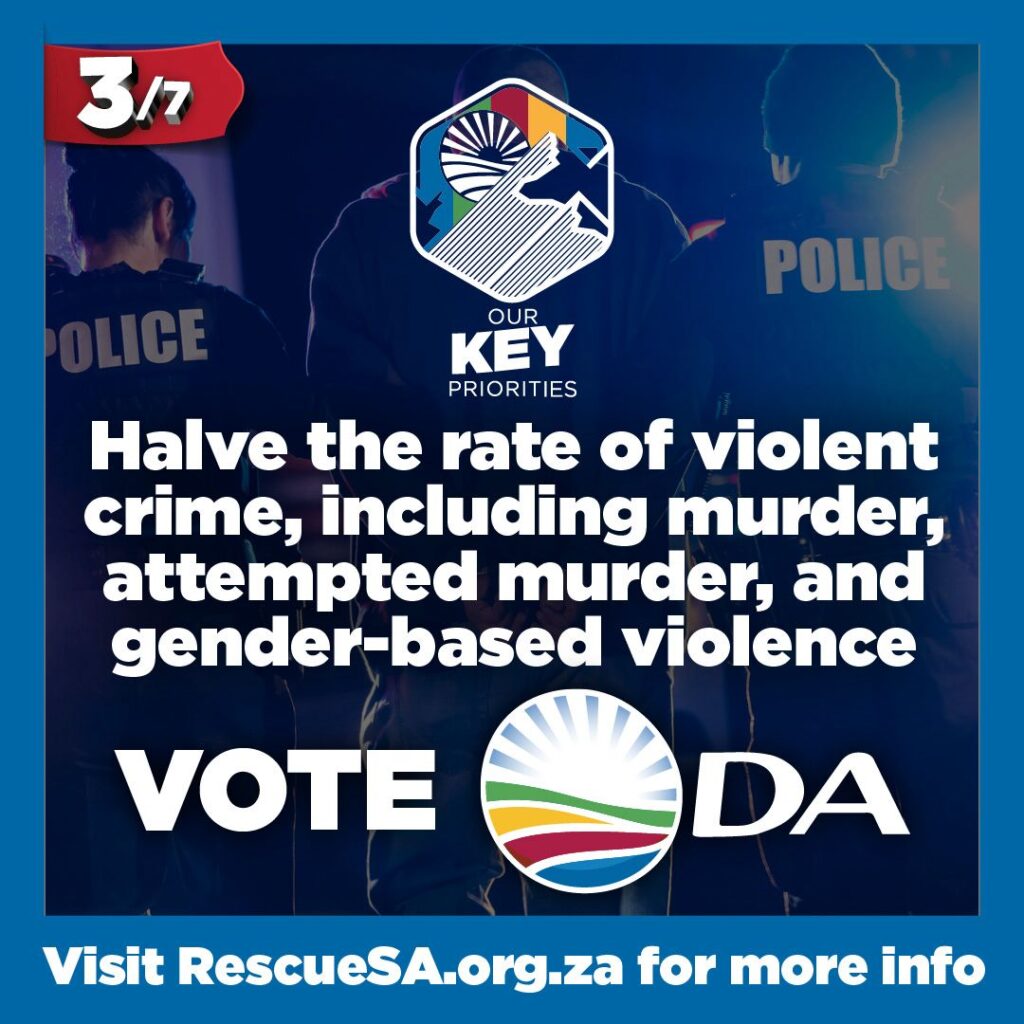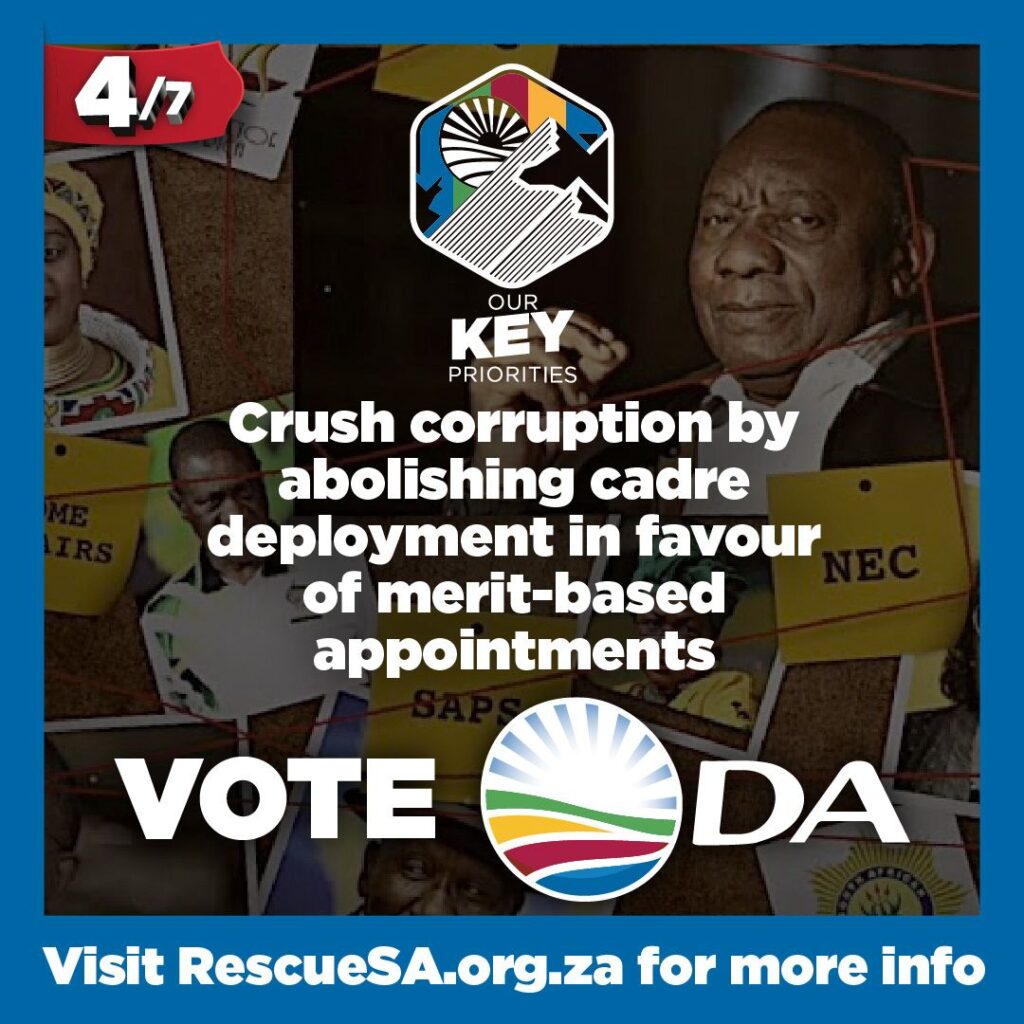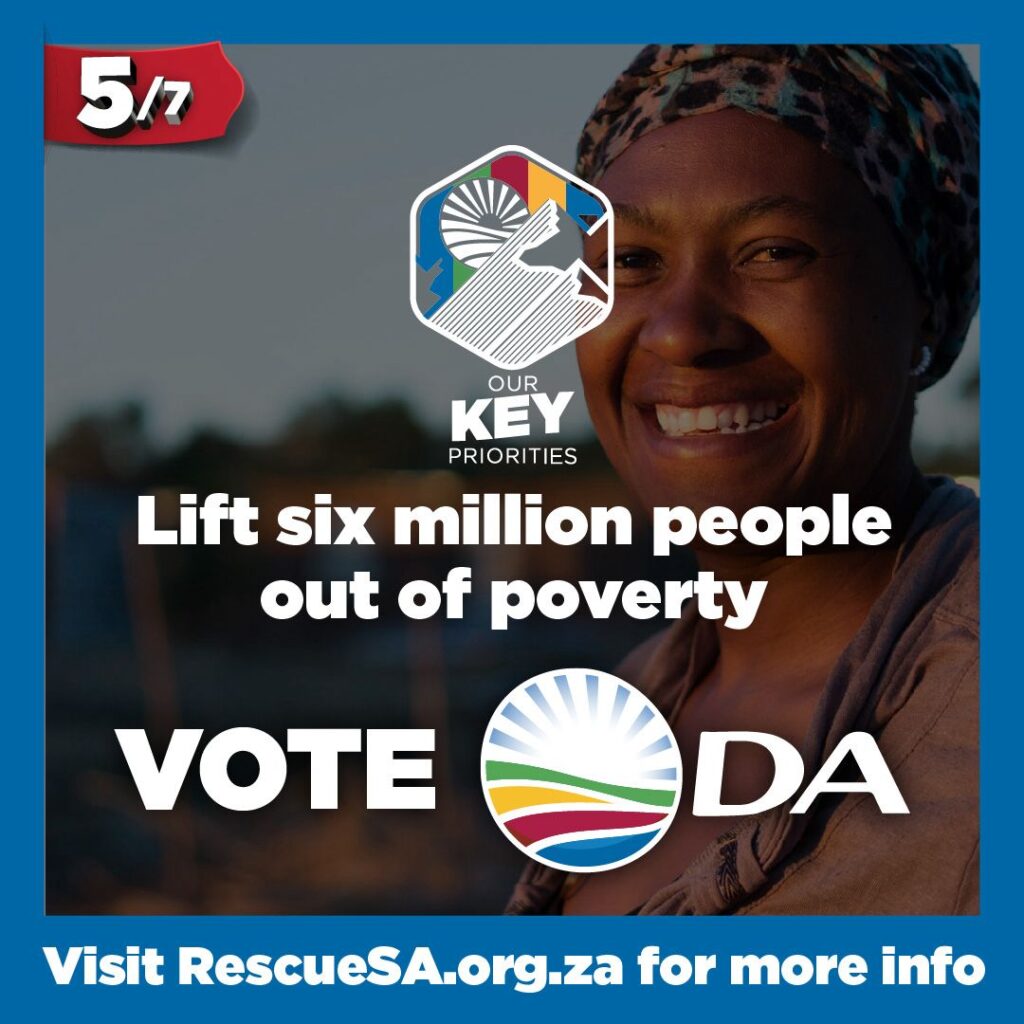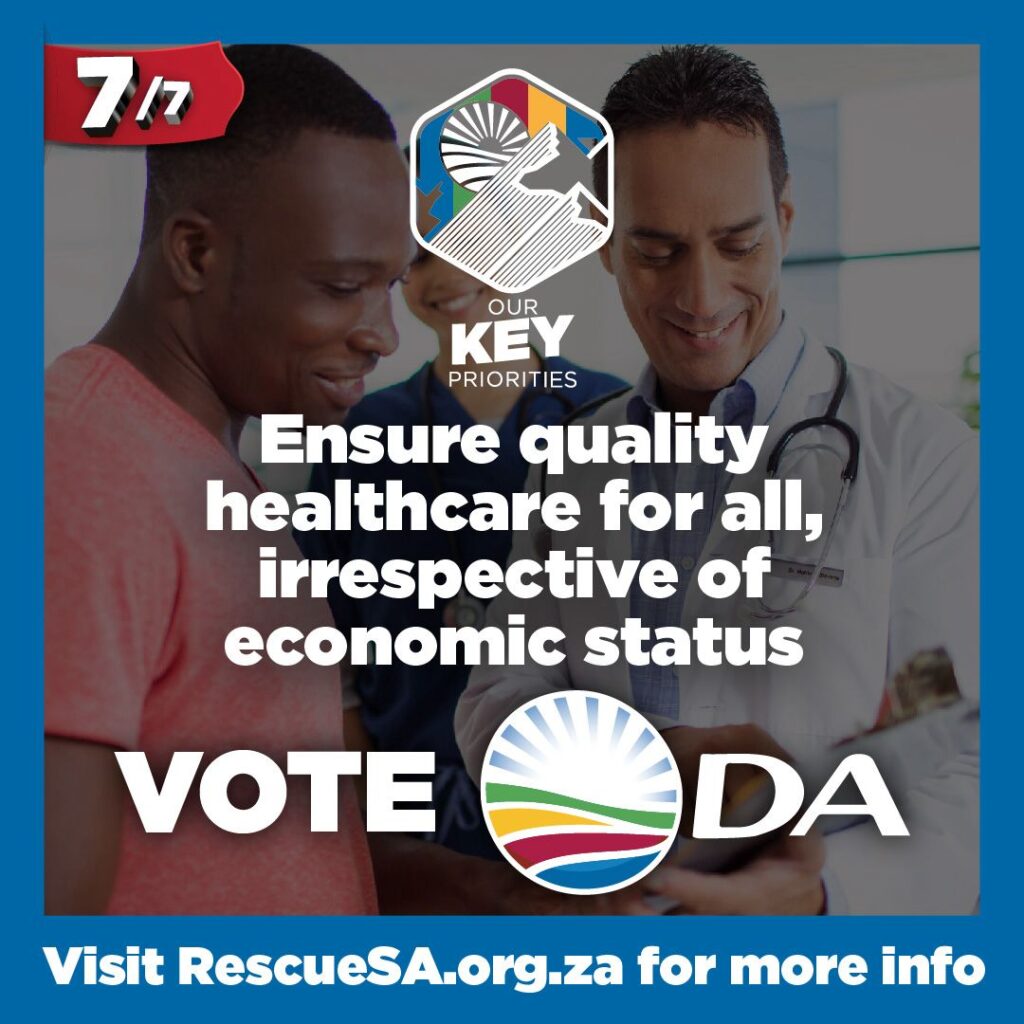OFFICE OF THE EXECUTIVE MAYOR
3 NOVEMBER 2020
CITY OF TSHWANE FINANCES IN CRISIS
MY FIRST PRIORITY WILL BE TO RESTORE FINANCIAL STABILITY IN THE CAPITAL
In the last four days since taking office, I have been working hard to get up to speed with what has been happening in the City of Tshwane while it was under administration.
On Monday, 2 November 2020, I spent the afternoon in a working session with the acting City Manager and the Chief Financial Officer to engage on the state of the City’s finances.
The situation I discovered is truly alarming.
A number of core indicators show a deeply troubling financial reality that my administration will need to urgently address to get the City back on track.
The operating balance shows a significant decline in an exceptionally short space of time.
- At the end of the 2018/19 financial year, when the DA was in government, the City had a surplus of R545 million.
- Between July 2019 and March 2020 (again while the DA administration still led the City before the ANC provincial government dissolved Council), there was a surplus of R284 million.
Having now scrutinised the pre-audited financial results for the 2019/20 financial year, I have learnt that this surplus has been completely eroded and the City is now operating a significant deficit of R4,4 billion.
This means that from April to June 2020 (just three months) the ANC administrators appointed to the City of Tshwane spent the surplus they found along with an additional R4,4 billion!
A similar and worrying pattern was found when investigating the status of cash and cash equivalents. While the DA led the City, the cash position was solid:
- At the end of the 2018/19 financial year, this figure stood at R3 billion
- For the period between July 2019 and March 2020, this figure stood at R2,5 billion
- After the DA left the government of the City, this number decreased to R847 million by financial year-end (June 2020).
The cash or cost coverage ratio is particularly worrying. This ratio indicates a municipality’s ability to at least meet its monthly fixed operating commitments from cash and short-term investments without collecting any additional revenue during that month.
The norm for a financially sound municipality is between one and three months.
Under the DA government, at the end of the 2018/19 financial year, the following had been achieved: 1,68 months or 52 days.
In stark contrast, the most recent indicator for September 2020 shows a cash coverage ratio of 0,4 months – essentially 12 days.
This is deeply troubling as the City must be able to cover its financial liabilities and obligations.
This situation has seen the City take up a short-term debt facility of R800 million and accessed withdrawals from its long-term debt redemption fund of R680 million.
There is also evidence that while debt owed to the City has increased, the collection of this debt deteriorated under the administrators.
- The City’s debtor book has seen a significant increase from June 2020: from R12,6 billion to R17,4 billion. This increase has not been matched by collection.
- At the end of June 2019, under the DA administration, the collection rate was 88,75%.
- By the end of June 2020 (financial year-end), the collection rate had dropped to 74,48% under the administrators.
- We must bring this revenue collection up to a sustainable level by the end of July 2021.
When I took office, I promised to focus on improving core service delivery.
This is why my first mayoral priority will be the restoration of financial stability in the City of Tshwane.
To do this will require a multipronged approach that seeks to expand the City’s revenue collection while also aggressively cutting costs and unnecessary expenditure. I want to assure every resident that my administration will stabilise the City’s finances with great urgency.
Revenue on electricity has been identified as a key risk. As such I want to ensure that meter reading across the City is regularised so that we can ensure accurate billing to Tshwane residents.
We cannot have a situation where it takes months to take meter readings and residents receive massive backdated or inaccurate bills.
I want to emphasise my commitment towards ensuring that residents are issued with accurate municipal accounts.
I want to aggressively roll out a meter replacement programme that focuses on the installation of prepaid meters, which can alleviate the need for regular meter reading and create a more affordable management process in future.
I know that the e-Tshwane system has immense potential and I want to encourage consumers to register on the platform. If we are able to move away from issuing hard copy accounts via the South African Post Office, which has irregular performance, this will prevent billing delays and save costs.
Our credit control processes must be fair and transparent. Where accounts are not paid, customers must be given fair warning by receiving an advanced 14-day notice. They must be allowed to dispute the matter if need be. If this does not happen, disconnection notices must be issued.
Finally, it is critical that we enhance our customer care operations so that residents can query accounts, report complaints and get the feedback they need. This will require constant tracking to access how responsive our customer call centres are and how quickly we respond to complaints.
My commitment to the residents of Tshwane is to provide monthly feedback on the status of the City’s financial position. I intend to ensure that the financial stability of the City improves significantly, as the future of the capital and our ability to deliver services depends on it.
Cllr Randall Williams
EXECUTIVE MAYOR OF TSHWANE
Enquiries:
Jordan Griffiths: jordang@tshwane.gov.za
